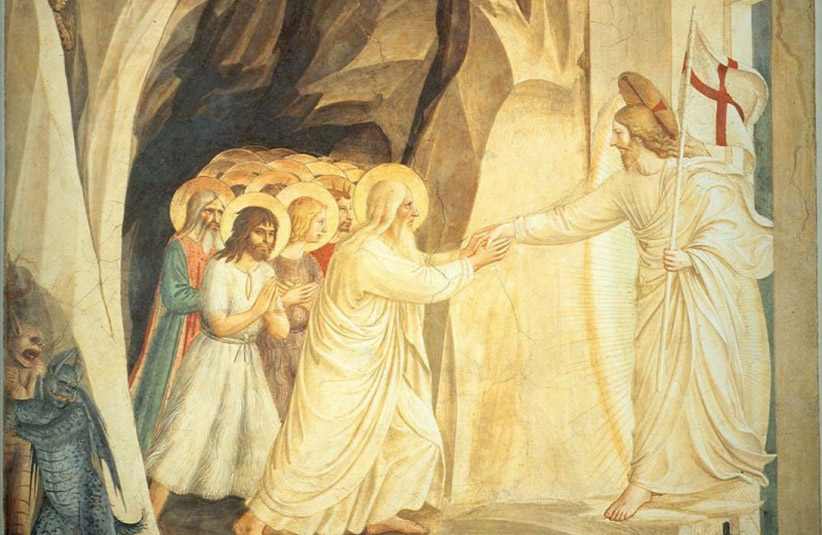- Feb 5, 2002
- 166,679
- 56,289
- Country
- United States
- Faith
- Catholic
- Marital Status
- Married
- Politics
- US-Others
Like Christmas and other Catholic holy days, Easter is often misunderstood and mis-celebrated. Either its origins are said to be based on pagan holidays (a myth we will bust), or we treat it as a day to binge after a season of fasting. So, to fully embrace Easter, let’s look at how the early Christians understood and celebrated the day of Christ’s resurrection.
First of all, they didn’t call it Easter
What was Easter like in the early Church? Well, to begin with, they didn’t call it “Easter” — that word would be meaningless to them. The early Christians believed that Jesus’ passion and resurrection were the central part of the whole story of God’s saving activity in the world. These events were not seen as a single, isolated moment in history, but part of the great trajectory of God’s providential interventions.
More specifically, the passion and resurrection of Jesus were understood to be a continuation and fulfillment of the events of the Passover and the Exodus. And not coincidentally, the crucifixion and resurrection of Jesus happened at the time of the festival of Passover, so when the early Christians referred to the annual commemoration of Jesus’ passion and the celebration of his resurrection, they simply called it Passover. It’s just like the way that Pentecost continues to be named after a Hebrew festival, even though it is given new meaning in the Church as the celebration of the gift of the Holy Spirit. And so in the early Church, the feast day of the Resurrection of the Lord was simply called Passover, or some translation of that word, as it still is to this day in most languages of the world. This is where we get the word “Paschal” in the Paschal Mystery. That just means, “the Passover Mystery.”
Continued below.

 www.oursundayvisitor.com
www.oursundayvisitor.com
First of all, they didn’t call it Easter
What was Easter like in the early Church? Well, to begin with, they didn’t call it “Easter” — that word would be meaningless to them. The early Christians believed that Jesus’ passion and resurrection were the central part of the whole story of God’s saving activity in the world. These events were not seen as a single, isolated moment in history, but part of the great trajectory of God’s providential interventions.
More specifically, the passion and resurrection of Jesus were understood to be a continuation and fulfillment of the events of the Passover and the Exodus. And not coincidentally, the crucifixion and resurrection of Jesus happened at the time of the festival of Passover, so when the early Christians referred to the annual commemoration of Jesus’ passion and the celebration of his resurrection, they simply called it Passover. It’s just like the way that Pentecost continues to be named after a Hebrew festival, even though it is given new meaning in the Church as the celebration of the gift of the Holy Spirit. And so in the early Church, the feast day of the Resurrection of the Lord was simply called Passover, or some translation of that word, as it still is to this day in most languages of the world. This is where we get the word “Paschal” in the Paschal Mystery. That just means, “the Passover Mystery.”
Continued below.

The truth about how early Christians really celebrated Easter
To fully embrace Easter, James L. Papandrea takes a look at how the early Christians understood and celebrated the day of Christ’s resurrection.
 www.oursundayvisitor.com
www.oursundayvisitor.com
